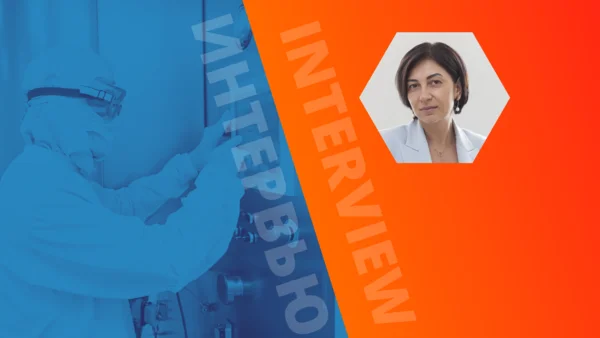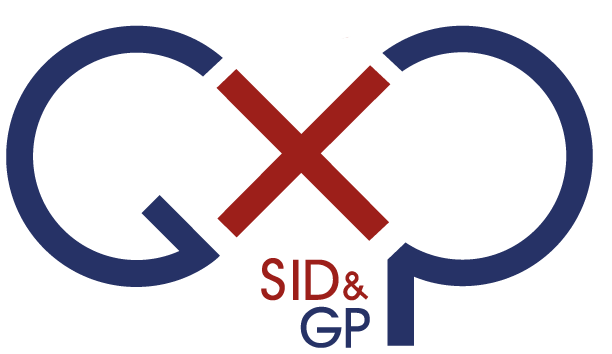How the risk-based approach works in the pharmaceutical quality system

What is the Data Integrity project?
Data Integrity (DI) is the fundamental basis that ensures the effectiveness of a pharmaceutical quality system. The innovative solution of the project is that a risk-oriented approach to ensuring data integrity was applied during its implementation. Its application allows you to allocate resources, analyze the presence of potential sources of errors that can increase the degree of risks to the functioning of the data integrity system throughout the life cycle, and eliminate excessive attention to non-critical objects. As a result of the project, the company implemented a whole range of measures aimed at system modernization, digitalization of the main processes of FQS and production. Much attention was also paid to changing the mentality of the staff in the field of data integrity. The project has demonstrated economic efficiency, which is confirmed at every stage of its implementation.
And how was the adaptation of employees to the new system?
We carried out very painstaking and personal work with each specialist. At first glance, it seems that there is nothing complicated here – relatively speaking, how to teach a person to write correctly. But imagine: a person has worked for many years in a company and is used to writing a unit without a tail, for example, and teaching him to do it right is not an easy task. Therefore, in our opinion, the implementation of Data Integrity at the level of staff mentality is a key direction that needs to be given priority now. We are talking about the need to automate our quality system, to get away from paper document management, and people here also play an important role, because we need to train them to handle automated systems. Of course, our project is dedicated to innovation, but it is also inextricably and directly connected with man.
Why is the formation of data integrity of the pharmaceutical quality system relevant right now?
The provision of data is an important element of the manufacturer's responsibility, and the level of ensuring their integrity reflects the degree of organization of production and quality control of finished products. The relevance of the project is due to the current realities. Over the past few years, we have faced a number of significant challenges, including during the pandemic, most of our company's employees worked remotely, and, accordingly, it was necessary to adapt all procedures related to quality control to this mode. This, in particular, included the tasks of organizing online training of personnel, reconfiguring certification systems. It was necessary to organize data collection systems, ensure their integrity, and introduce new automation methods. It was a challenge not only for me and the team, but for the whole industry. In a sense, during the pandemic, we created and worked out many mechanisms that have proved useful now, during the period of geopolitical turbulence.
Which of them do you consider the most effective?
For example, first of all, we converted all our audits to an online format. And the challenge here was to get the same result in one day of the online audit that we received within two or three days after the offline audit. We have developed various checklists, made them bilingual, carried out optimization and tried to find such methods of processing the results that would allow us to reach as many people as possible within the framework of training, process the data as accurately as possible and fix the level of each.
What does winning the "GxP-Profi" competition contest mean to you and how do you feel about this initiative?
I see the competition as a powerful challenge not only for our project team, but also for the entire industry. First of all, he helped us once again to reveal our full potential, to concentrate the results and, probably, in general, showed what we are capable of. Of course, we would like the contest to continue. It is important for us, the participants of the pharmaceutical industry, to communicate, exchange experience, so that we act as a single mechanism. And all this, in principle, is aimed at one goal: the quality and safety of our drugs and the health of patients.
Source: www.gxpnews.net



